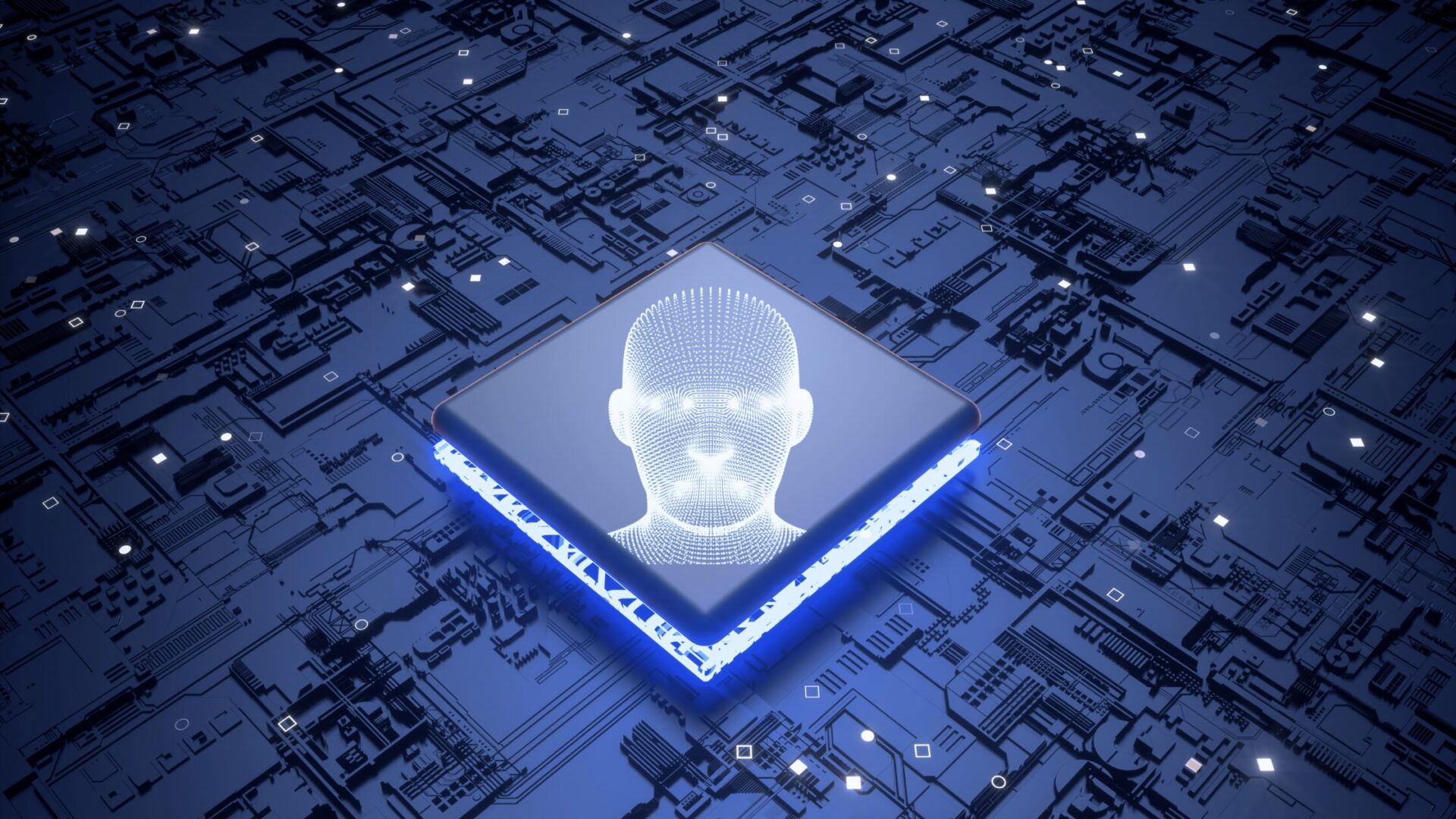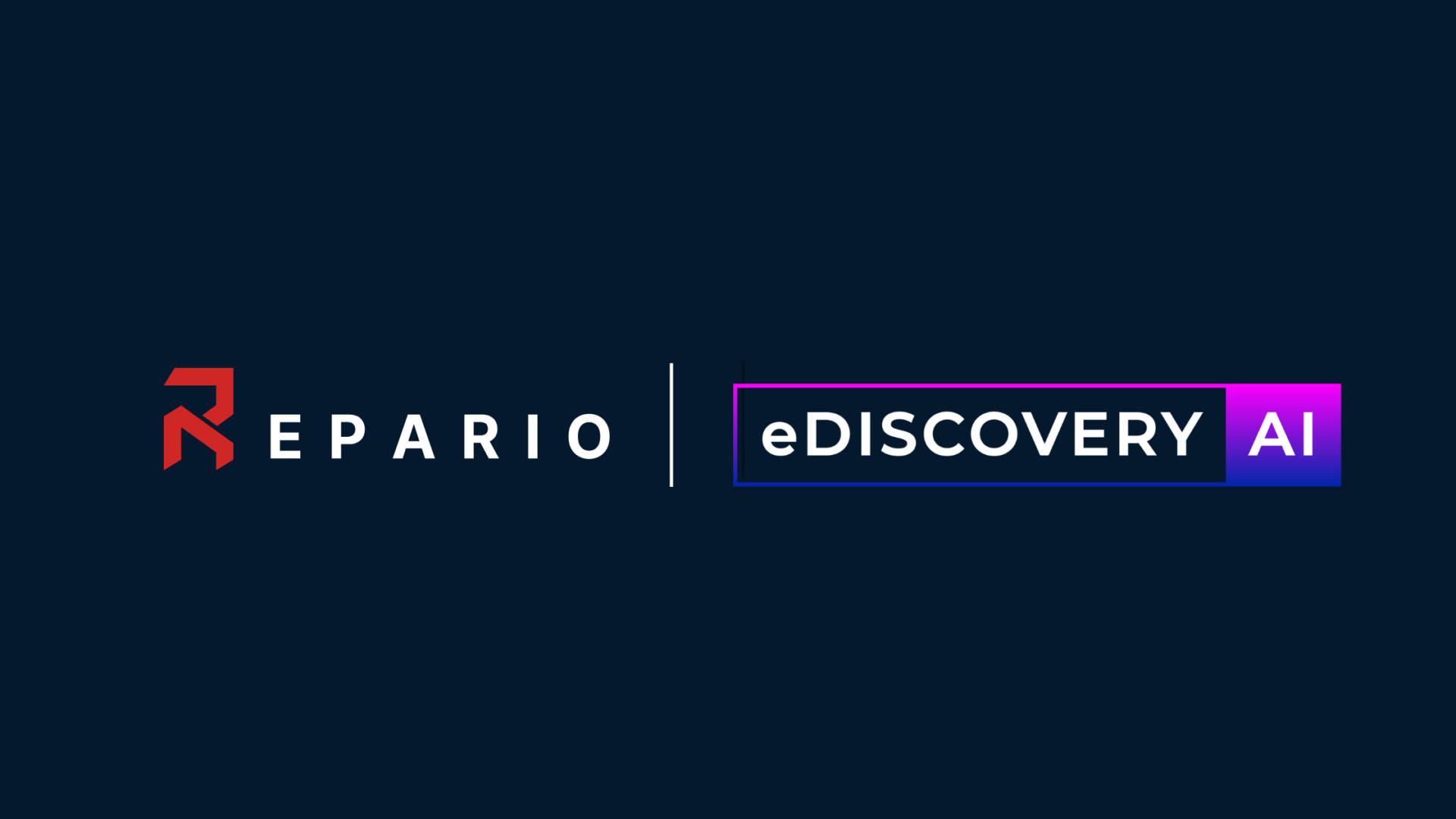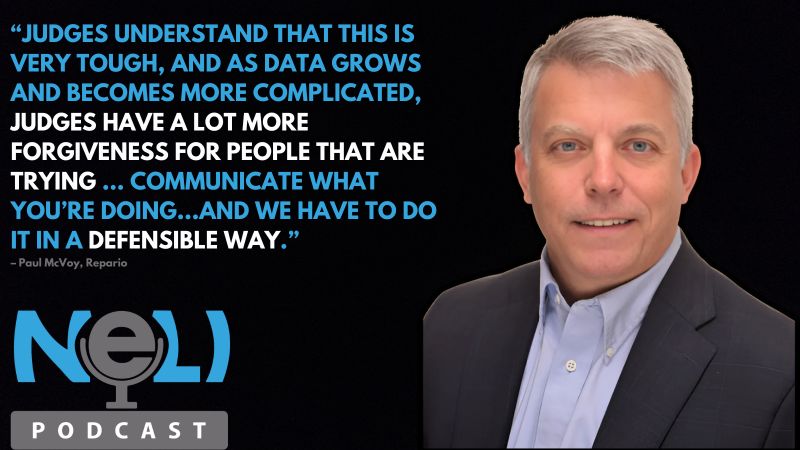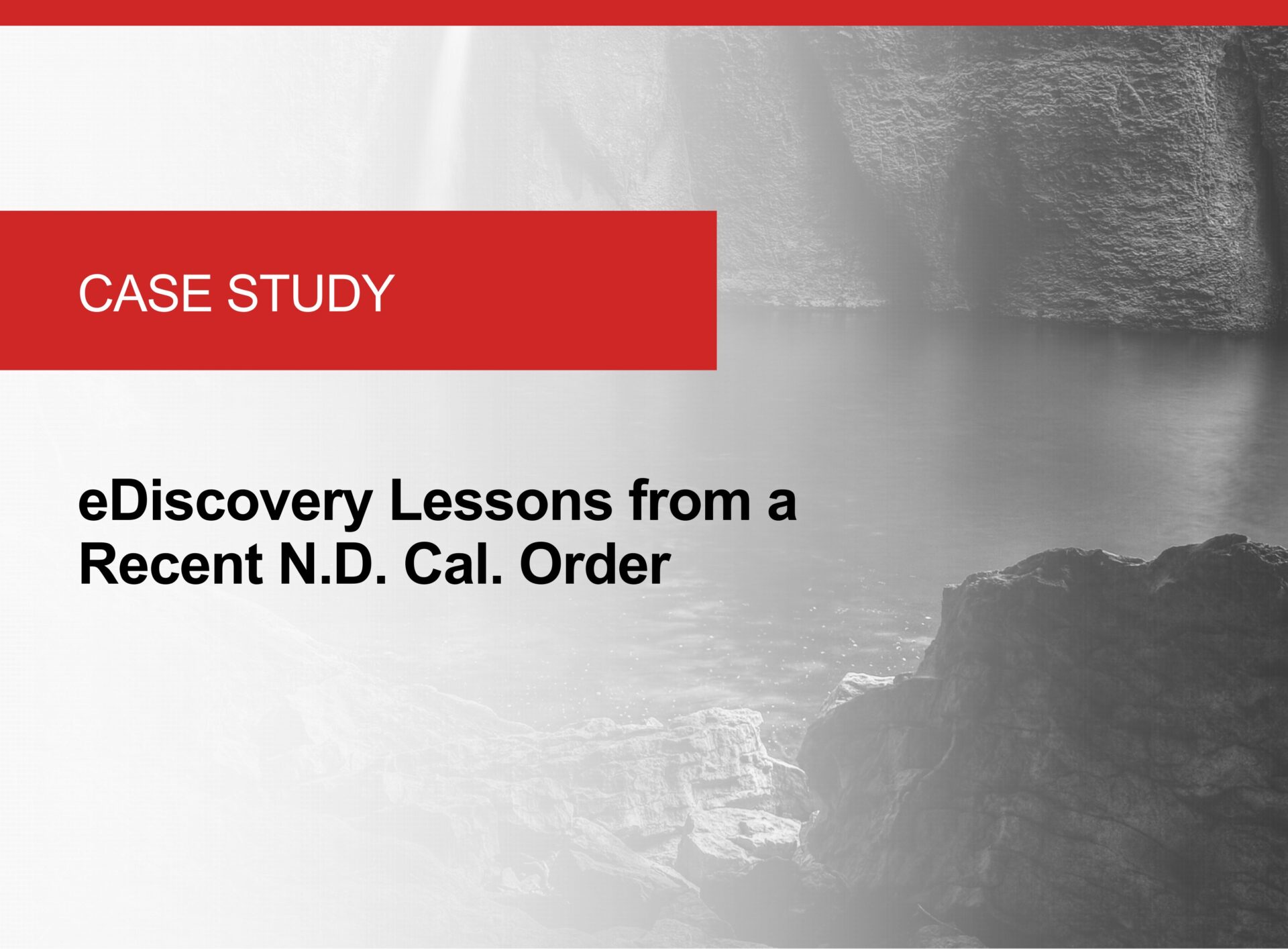Deepfakes in Litigation: Navigating Evidentiary Challenges and Digital Forensics Solutions

TL;DR: Deepfakes pose significant evidentiary challenges in legal proceedings, necessitating sophisticated digital forensics techniques to authenticate audio and video evidence. This article explores the implications for legal evidence and the critical role of digital forensics in ensuring the integrity of court proceedings.
Introduction to Deepfakes and Legal Challenges
The emergence of deepfake technology, capable of creating indistinguishably fake audio and video recordings, presents a new frontier of challenges in litigation. A recent investigation into a political consultant’s use of deepfake audio highlights the growing concern over the authenticity of evidence presented in court. As deepfakes become more sophisticated, distinguishing them from genuine recordings becomes increasingly difficult, raising questions about the reliability of digital evidence.
The Evidentiary Challenge
Gone are the days when an incriminating recording could decisively conclude a legal case. The advent of deepfakes has complicated the process of introducing audio and video evidence in legal proceedings. Attorneys may now face skepticism regarding the authenticity of such evidence, potentially undermining its admissibility and effectiveness.
Digital Forensics Solutions
Digital forensics experts play a pivotal role in identifying and authenticating evidence, utilizing a range of techniques:
- Artifact Analysis: Identifying inconsistencies in motion patterns or visual artifacts that may indicate video manipulation.
- Metadata Analysis: Investigating the origin and history of electronic files through their metadata to uncover discrepancies.
- File Analysis: Examining file structures to detect tampering or fabrication, ensuring evidence integrity.
Legal Strategies and Forensic Preparedness
To counter the challenges posed by deepfakes, legal professionals should adapt by incorporating digital forensics into their evidence collection and verification processes. By engaging digital forensics experts, attorneys can fortify their cases against allegations of fabricated evidence, ensuring that their evidence withstands scrutiny and maintains its persuasive power in court.
Conclusion: The Importance of Vigilance and Expertise
As deepfake technology continues to evolve, its impact on legal evidence and proceedings cannot be understated. Attorneys and digital forensics experts should work hand in hand to navigate these challenges, ensuring the admissibility and credibility of digital evidence. In the fight against deepfakes, preparedness and forensic expertise become the linchpins of integrity in the legal process.




